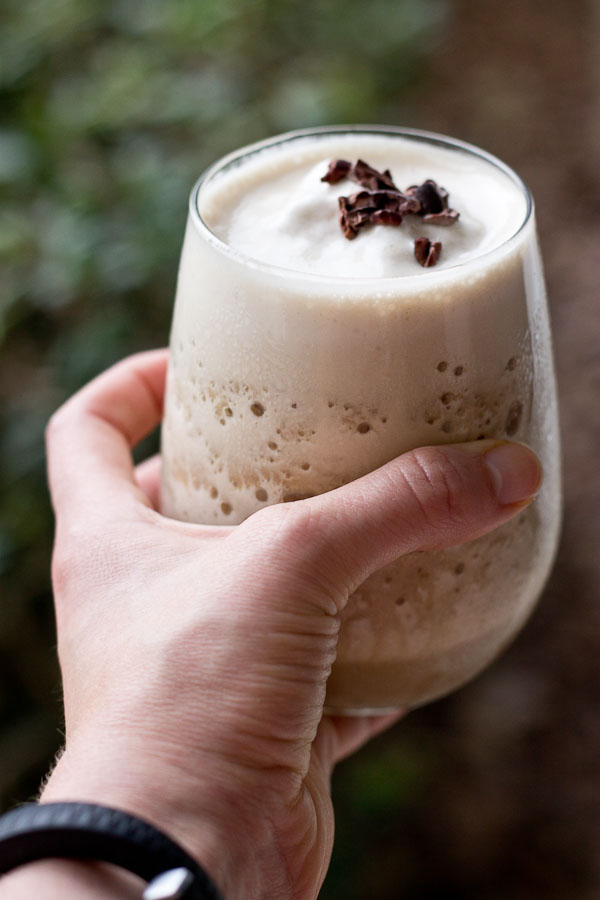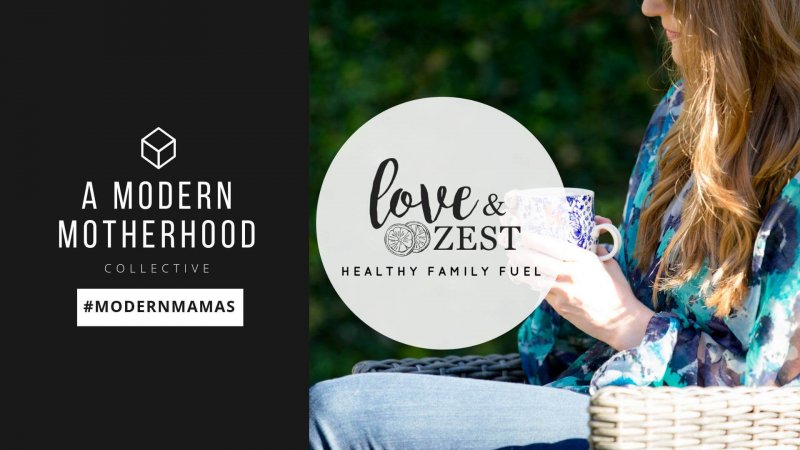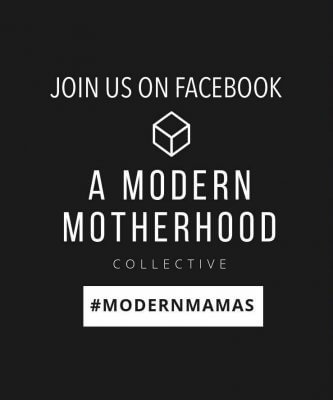Thanks to everyone for the great feedback and encouragement on my latest article on MyFitnessPal, How Mindful Eating Can Help You Lose Weight + 5 Tips to Get Started. If you missed it check it out with that link.
One of my very first TV apperances was on this topic of eating “too clean”. When I was looking back at my notes on this topic I can’t believe it’s been nearly 2 years!! Boy does time fly. I thought I’d do a little coffee date today and answer Q&As on when eating clean is taken too far. So go grab a cup of coffee or make one of these Coffee Lover’s Protein Shakes.

The point at which eating clean and pure interferes with normal living and socializing it’s given the term “orthorexia”. I’m going to sort through what I think about this new trend that we are seeing in this post.
What is orthorexia?
To put it simply, orthorexia is an obsession with eating healthy foods. People that fall into this category can often go under the radar because they may be of a normal weight or even over weight. The behaviors are often idolized by friends and family, which feeds the obsession.
Why is it on the rise?
In today’s world people are saturated with messages of eating healthy. They are constantly reminded that they should be eating healthy whether magazines, billboard, Facebook, twitter– it’s everywhere. And I don’t think that’s a bad thing, but it causes some people form an unhealthy relationship with food and their body.
I think people are also fearful of becoming overweight because of the stigma that it can create, and this leads to an obsession with only eating healthy foods.
Is it possible to be “too healthy”?
Low carb, high protein, gluten free, ketogenic, vegetarian, and vegan. What is eating healthy? There are an exhausting amount of opinions out there on the way that we should eat and it’s easy to fall into the trap of beginning to fear food in general and more restrictive eating. People that are following these diet trends to clean up their diet do not think that it’s a problem, because it’s all in the name of health.
Eating healthy is important (whatever your definition is), but a key part of that equation is balance. When eating healthy becomes an obsession and takes over your life, it can lead to problems—socially and nutritionally.
What are some signs of orthorexia?
– eliminating entire food groups
– tracking for life, obsession with fats, carbs, fiber, protein
– social isolation- avoiding restaurants that are deemed unhealthy
– Fad diets- raw food, juicing, keto, paleo, eliminating food groups
Who are the people that are most at risk for developing the disorder?
Truly, no one is immune from developing this obsession. The two groups that we see most probably, middle-aged women and men and college students. The reason I think we are seeing it in these populations because as the become more health focused with exercise, maybe a little overweight or want to “lean up” they begin to restrict and “eat really clean”, and sometimes too clean.
How do you treat orthorexia?
I would encourage someone that is struggling with this problem to talk with a dietitian specializing in eating disorders who can give them healthy options without harming your body, and often a therapist as these issues are emotionally charged.
As a dietitian, we work to normalize all foods, no food is good or bad. It’s okay to allowing yourself to have a cupcake or slice of pizza; we help to dispel the myths with the science of nutrition.
Question: Do you think it’s possible to eat too healthy, and when does it cross the line in your book? Also, is there another topic that you’d like me to discuss in Q&A format on the blog?
Hi I’m Kristina LaRue, RD (registered dietitian nutritionist), Peloton addict and mama to two active and hungry boys. On Love & Zest, you’ll find healthy-ish recipes that fuel the whole family. I’m all about veggie-filled breakfast, meal prep recipes, healthier sweets, and easy weeknight dinners made in the Instant Pot or sheet pan.
Did you make one of my recipes?? Leave a review in the comments and tag @loveandzest #loveandzest on Instagram!
If you’re a modern mama– I’d love for you to join my Facebook group A Modern Motherhood Collective!



Thank you so much for this post about something that is so overlooked these days! A few years ago I had a lot of those symptoms for orthorexia and it was an incredibly tough time because, while I felt very physically/emotionally unstable, people around me encouraged my habits for the most part because they were “healthy.” So yes, I definitely think that healthy eating can go too far, and moderation is something I preach regularly these days.
Aly, thanks for leaving a note. You are so right, so many times these habits are encouraged because they are idolized by our society.
Thank you for sharing this! I think more awareness needs to be brought to the extremes of “clean eating.” I am all for being healthy, but one’s mental state is just as important as the food being eaten. When it becomes an obsession or too restrictive, it’s a big problem.
You are welcome Danielle. Thanks for your comment. I agree.. let’s stop worrying and just be happy– enjoy all foods.
Loved your stance on this Kristina. Every time I see a recipe that says “clean eating ______” it makes me cringe! Here’s to hoping it’s not the new norm
hahahahaha.. I saw your post on this the other day. Looks like we are on the same page.
YES! Cutting out foods and food groups, labeling food as ‘good’ and ‘bad’, obsessing over food, obsessing over exercise, not being able to eat with family and friends because of your food restrictions, imposing your food views on other people….the list goes on about where I think eating sensibly crosses the line into ‘clean eating’
amen sista~
Such a timely topic! I remember hearing a lecture @ FNCE or my local AND meeting about it a few years ago & it’s only gotten so much more prevalent since! Melanie also wrote about this on our blog yesterday, such a fascinating ~not yet~ disorder
Thanks Rebecca.
THIS IS VERY GOOD AND WISH MORE PEOPLE COULD READ.
thanks Faron!!
Thanks for the wonderful post. I always try to approach the topic of orthorexia from both sides. On the one side, we have the “it is all about balance and moderation” argument. On the other, we have the “what possible good can that piece of cinnamon swirl, cheese-cake stuffed french toast” do for me? I believe that those who subscribe to the latter view, interpret the former view as an ‘excuse for justifying poor dietary decisions. Because they have a point…what good would this high in sugar and fat piece of dessert greatness do for me? There has to be something better I could be eating that would also taste good. It makes one really wonder when to squelch cravings and desires for unhealthy foods (temporary joy) in order to pursue something that, instead, will promote good health. I guess this is where emotional/psychological health and physical/biological health face-off.
Unfortunately, I think I subscribe to a more orthorexian-slanted view…if only for pragmatic reasons. That is not to say that I don’t treat myself, I certainly do. But I can’t help but ask myself after consumption, “was that really necessary?” Then this is usually the place where people say that what is necessary and unnecessary is irrelevant in these cases. And that just doesn’t seem rationale to me. haha help!
Thank you Rose for your comment. You have inspired me with your post too and I will discuss in further details on the blog soon.
Great post on such an important topic. Love your balanced view!
Thanks Jess.
Great awareness post. I know I have fallen for a diet myth or two in my past, before approaching food more neutrally as fuel and part of fellowship and life. I love the phrase “balance, moderation, and variety in all things.” Too much or too little of any particular food group can lead to problems physically, which is why I love that phrase above. It is interesting to explore the psychological background to food choices, besides the straight physiological, other aspects that impact our food choices are emotions, trauma, life events, family culture, habit, and availability.
What is really interesting to me is how many people, myself included have fallen for the “diet lie” so perpetuated in society that somehow being or feeling ‘in control’ of food/weight leads to some sort of otherwise unattainable happiness. What a lie.. Our true identities are found in the uniqueness of ourselves and ultimately in Christ. EVERY other identity we try to take on besides our identity in Christ will leave a void. No matter what attempts are made to fill this void – whether it be with food, abstaining from food, exercise, the drive for perfection (taken to the extreme), alcohol, drugs, relationships – it will never be satisfying. Deep soul satisfaction and peace comes from Him alone.
Appreciate your comments and I’m in your camp. Love when I get to work with believers on these issues. Can go so deep with the reasons behind why we use food as a guise when we allow God to rush into that space.
I think “eating too clean” is totally a thing. People get SO OBSESSIVE they can’t lighten up. I’m headed over to read your Mindful Eating post now, too!
Thanks for the support Cassie.
Thank you for sharing this and bringing it the term orthorexia to my attention- it always upsets me when I hear that a client has eliminated an entire food group (almost always grain products). I think all too often people are getting nutrition information from an un-credible source, which they may not realize can be very harmful to their health (mental and physical). I really enjoyed this post!
You rock Lauren!